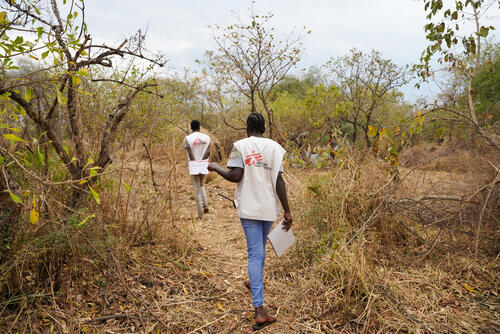Discover all our latest news, stories and publications. Use the filter to get to the content you're looking for.
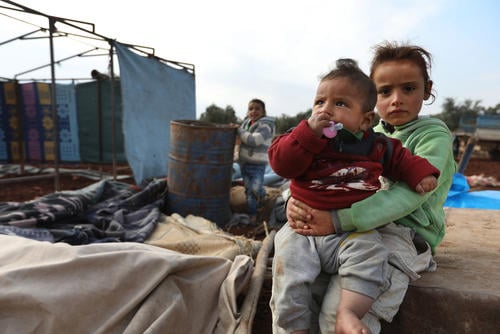
Idlib’s population suffers the consequences of heavy fighting and airstrikes
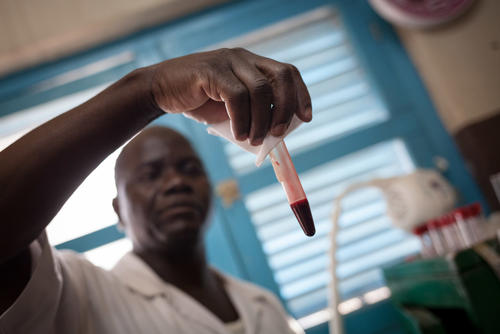
Affordable and quality antivenoms needed for snakebites
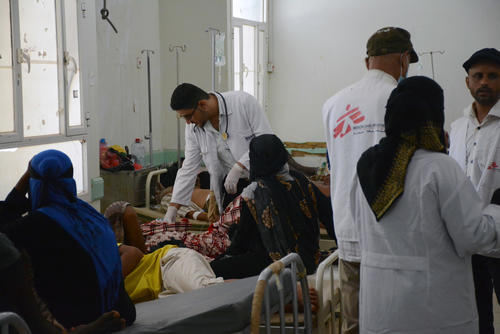
“On an average day in Taiz, we hear around five explosions per minute”
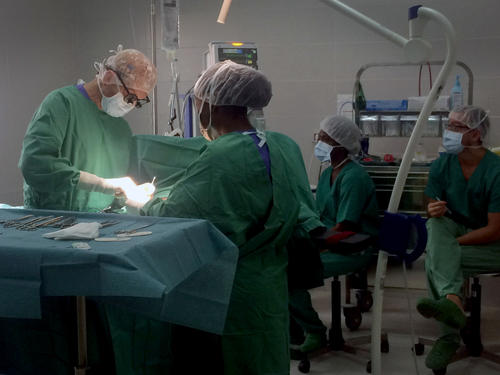
MSF opens paediatric surgery programme
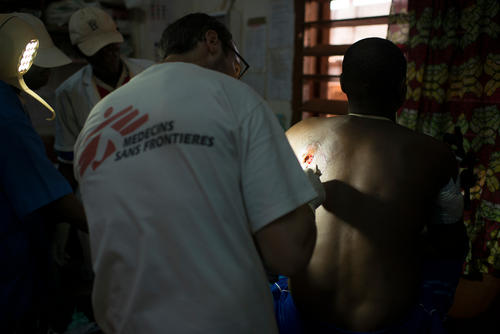
Renewed violence threatens people and healthcare in Bria
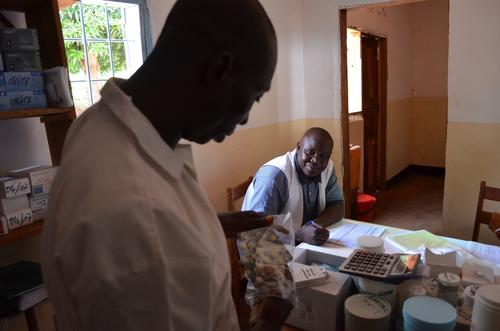
“It was horrible leaving our patients behind when they needed us”
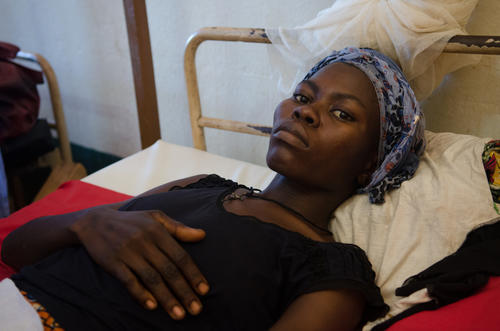
Attacks on medical facilities leave people without options

MSF-supported hospital in Idlib closed after damage from airstrikes
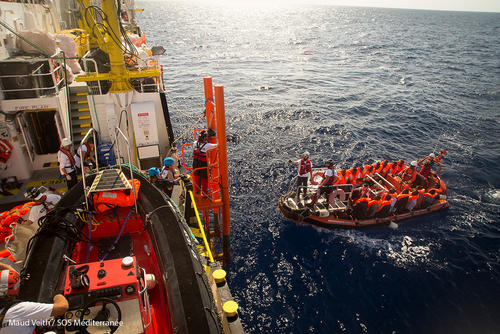
Medical care for refugees and migrants along Central Mediterranean route
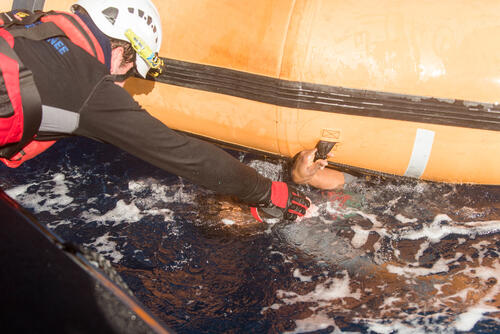
99 survivors rescued from sinking dinghy but many presumed drowned
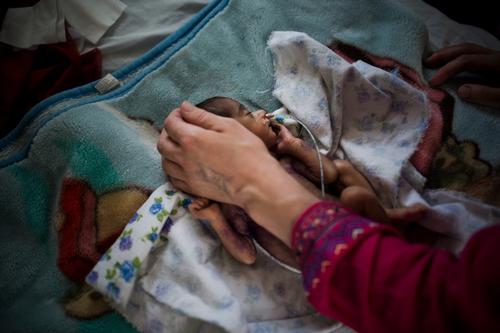
Treating mums and babies in Khost, Afghanistan
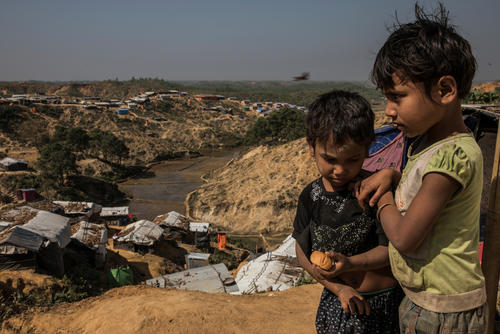
Crisis update – January 2018
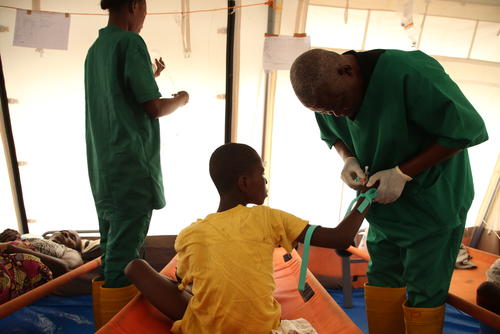
MSF steps up cholera support in DRC
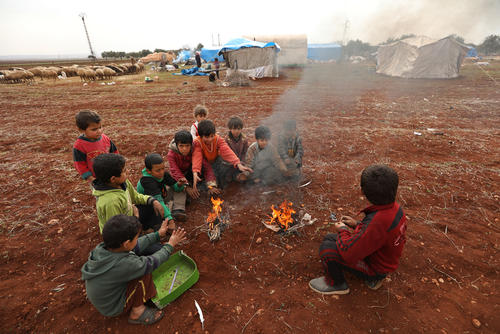
Tens of thousands struggle for survival in the winter cold
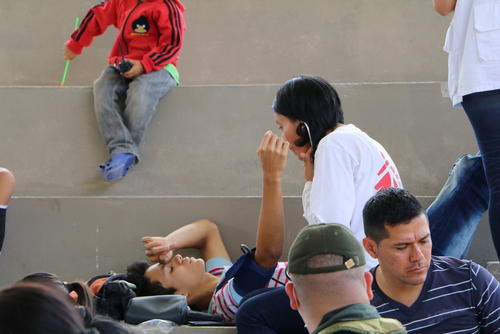
“The violence hasn't eased, it’s just changed its name”
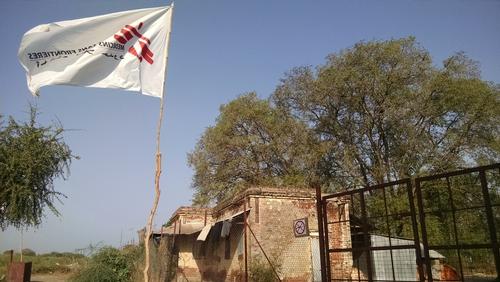
“I left my namesake in Old Fangak”
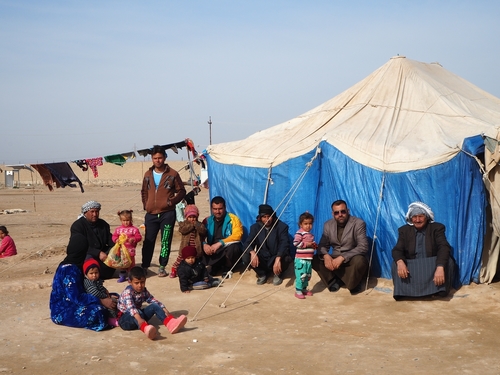
Crisis update – December 2017
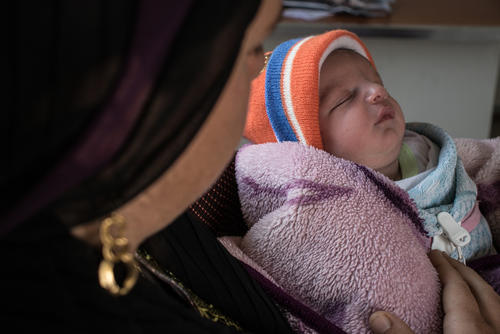
Giving Syrian refugees a safe place to give birth
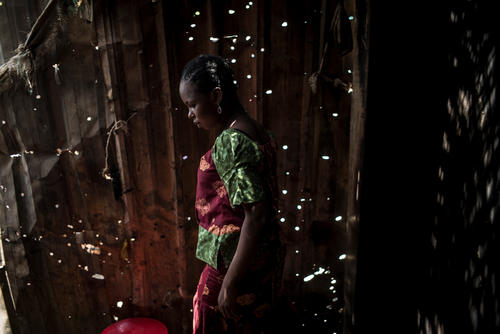
Rann bombing - one year on
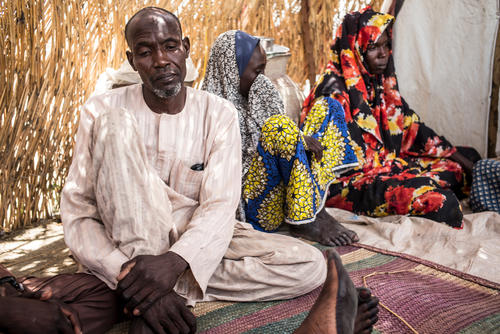
“I feel ashamed of relying on others to live, but we can’t go home”
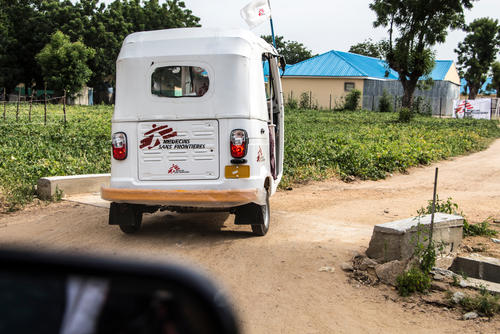
No red lights to saving lives
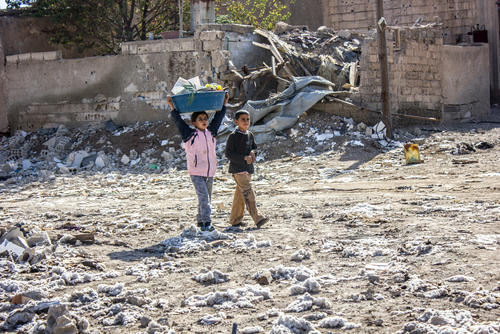
33 blast victims treated by MSF in Raqqa in the first week of 2018
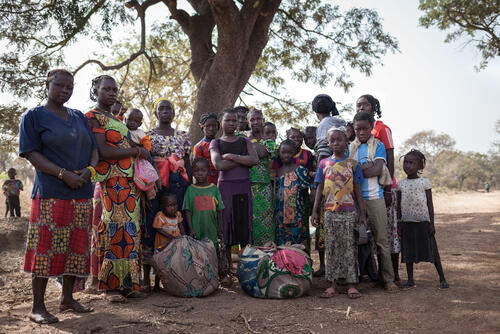
Thousands displaced by fighting north of Paoua
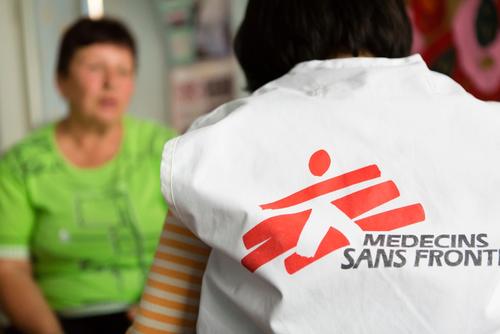
Caring for villagers trapped near frontlines in Opytne

How we deliver medical humanitarian assistance
Everywhere we work, the circumstances are unique. Nonetheless, our programmes generally follow a common set of practices designed to make sure our resources and expertise are used to maximum effect.



